The City College of New York's TREAD program, supported by a $5 million grant from the US Department of Education aims to elevate CCNY's research status through a multifaceted approach. This initiative fosters innovative partnerships, encourages cross-campus collaboration, and provides comprehensive graduate training. TREAD also offers seed grants and PhD fellowships to further elevate CCNY’s research profile.
The program is designed to drive translational and convergence research across the campus, with a particular focus on convergent areas of excellence: Green Energy, Nanobiotechnology, and Cybersecurity. By supporting these critical fields, TREAD aims to position CCNY as a leader in cutting-edge research that addresses key global challenges.

The core themes of TREAD were developed in partnership with a multidisciplinary faculty working group from across our campus, including from our schools of engineering, science, social science, and education, and serve as a roadmap for bringing CCNY to R1 status. Specifically, our pathway to R1 includes the following elements:

Advance research that moves discoveries from the lab to real-world applications, addressing critical challenges in society and industry.

Foster interdisciplinary partnerships and promote convergence science by connecting experts across various disciplines within and beyond CCNY.

Build a comprehensive recruitment pipeline and support system for PhD students, providing robust training, mentorship, and opportunities to collaborate with industry and government partners, ensuring their success in impactful careers.
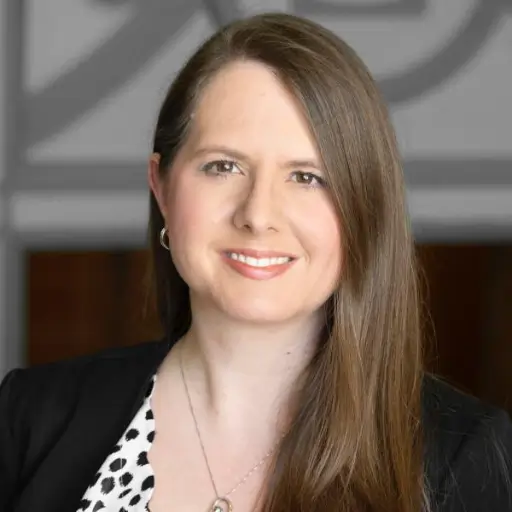
Managing Director

Managing Director
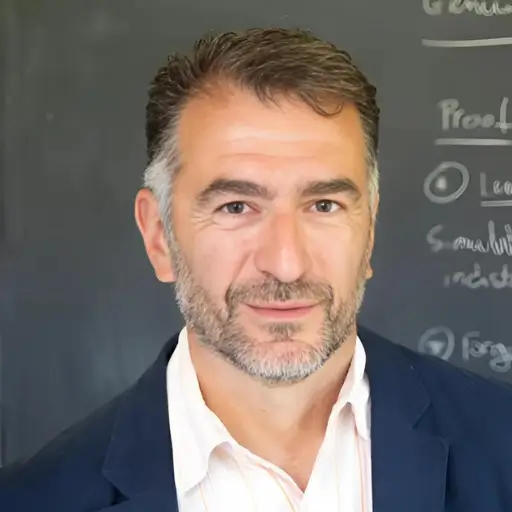

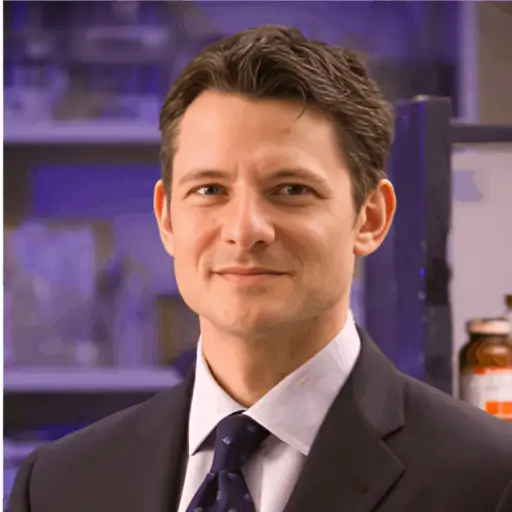
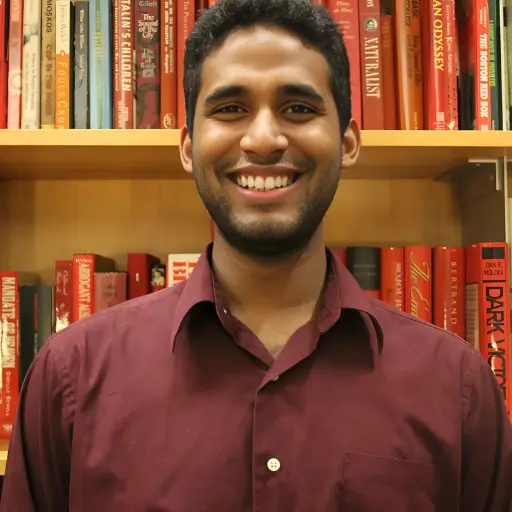



Cohort #1 (Fall 2024)


Research Focus:
Cybersecurity
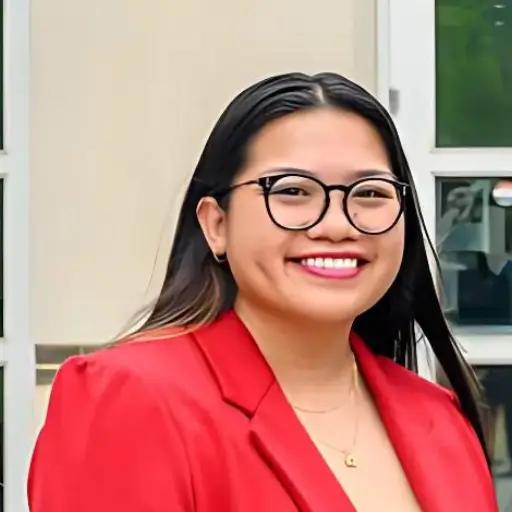
Research Focus:
Green energy
Cybersecurity

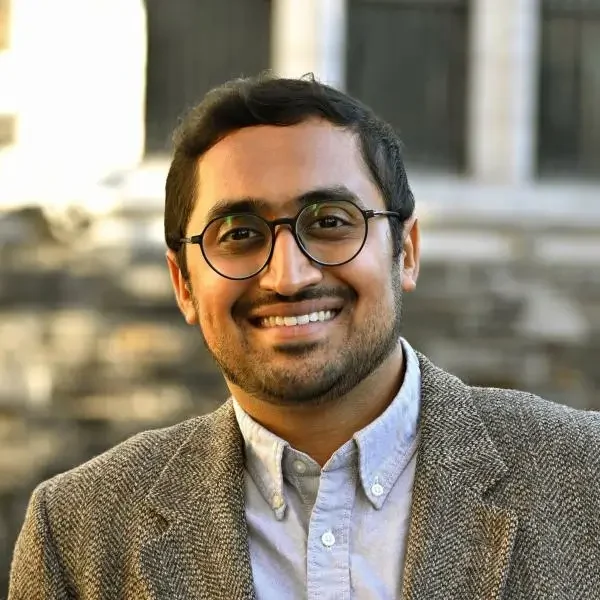
Green Energy


Nanobiotechnology

Chemistry
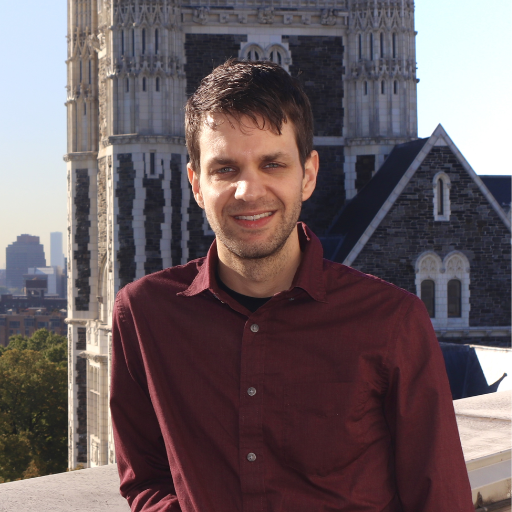
Biomedical Engineering

Expanding expertise to new applications in the areas of excellence and convergence research in the cybersecurity domain

Storage, distribution & utilization of renewable or low-carbon energy sources

Translational nanomedicine with high-throughput experimentation
Many of City College’s faculty and departments engage in world-class research. CCNY has nationally ranked PhD programs with funded fellowship opportunities.
C2T Seed Funding Competition & Graduate Fellowships Grants Converge to Translate

Converge-2-Translate (C2T) Workshops (Tenatative)
| Workshop | Converge-2-Translate Topic | Brief Explanation |
|---|---|---|
| 1 (Nov 8th) | Our energy challenge | Fossil fuel dependence, climate change and the quest for alternative energy. |
| 2 | Deconstructing Ableism in STEM | Interrogating ableism and its impact on student success, pedagogical strategies for accessible STEM. |
| 3 | Cyber frameworks | Cybersecurity research and education across application scenarios. |
| 4 | Decarbonization part I: the electrified economy and energy storage | Reducing fossil fuel dependence through renewables and batteries. |
| 5 | Accelerating paths to human healthcare | Translational medicine, the pharmaceutical industry's future goals and challenges. |
| 6 | Machine learning and proteins | The incorporation or Al into science and technology, including the building blocks of life. |
| 7 | Distributed manufacturing, supply chains and catastrophic shocks | Global supply chains, how they work and what happens if they are interrupted. |
| 8 | Decarbonization part Il: urban systems | Bullding sustainable and restlient cities. |
Regular updates, news highlights, upcoming events, and conferences.
Contact Us: A contact form and essential contact information will be placed at the bottom of every page for easy access.
What is Convergence Research?
Convergence research is an approach aimed at tackling complex research problems, particularly those that address societal challenges. It is characterized by two main aspects:
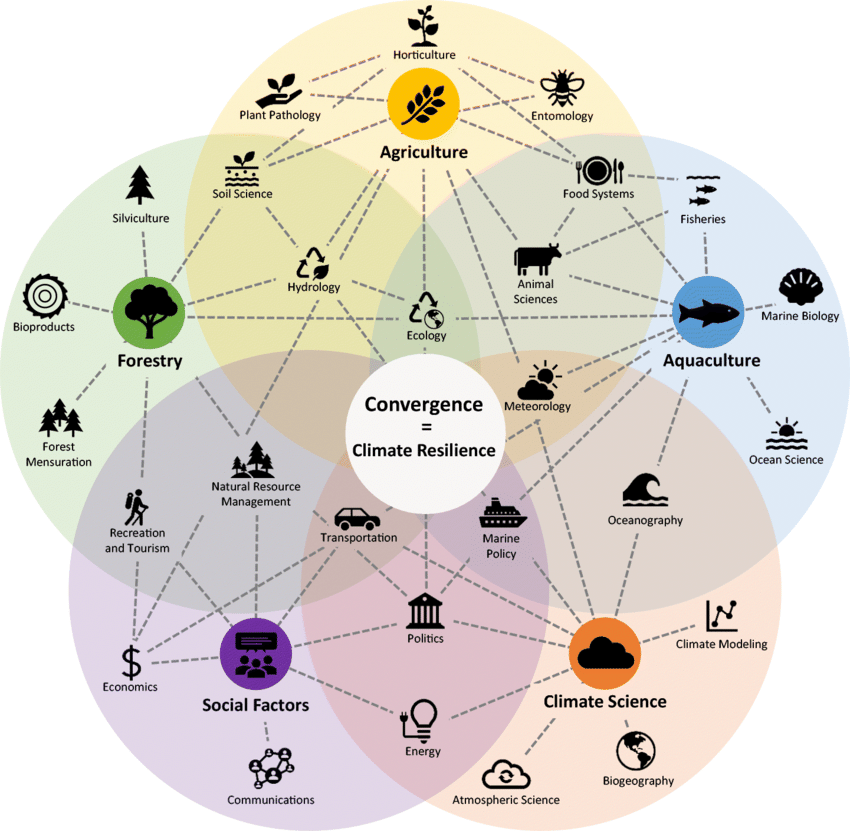

Convergence research is motivated by a specific, compelling problem, which could stem from fundamental scientific inquiries or urgent societal issues.

This approach emphasizes the deep integration of diverse disciplines, bringing together researchers from various fields to foster effective communication and collaboration. As experts work on a shared research challenge, their knowledge, theories, methods, data, and research communities begin to merge. This collaboration can lead to the development of new frameworks, paradigms, or even entirely new disciplines, as common approaches and a unified scientific language emerge.
The research team clearly articulates the need to integrate significantly diverse science and engineering disciplines to tackle a specific scientific challenge or societal issue, highlighting why a convergent approach is essential.
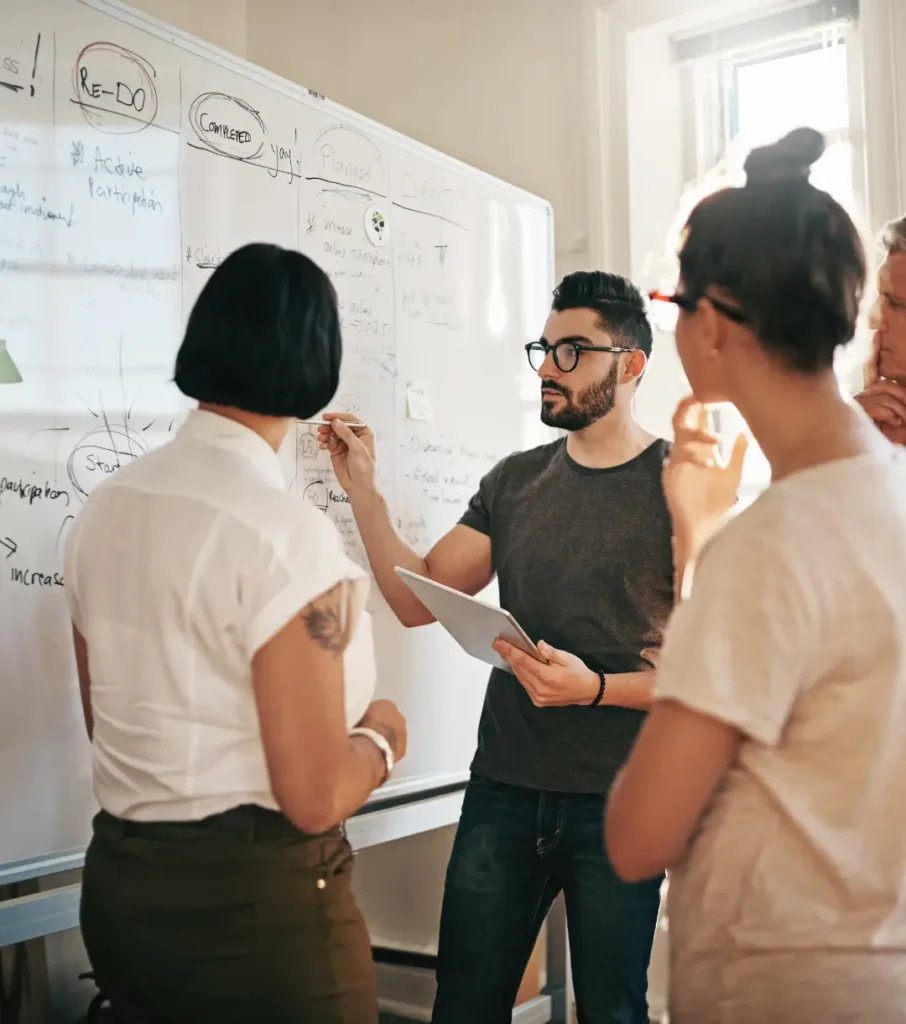

he team demonstrates its preparedness to conduct the proposed research, showing that all relevant disciplines are represented. Evidence of this readiness may include past interdisciplinary projects, joint publications among team members, specialized expertise within the team relevant to the problem, or the co-development of research infrastructure.
The team effectively showcases how the knowledge from its contributing disciplines is deeply integrated, with strong interconnections and mutual reinforcement of tools and techniques. The approach should be novel, illustrating a seamless blend of disciplines’ knowledge and ways of thinking to create a unified research methodology.


The project involves undergraduate students, graduate students, and postdoctoral fellows, providing them with opportunities to learn convergence research methods. The project should clearly outline the tools, techniques, and concepts outside their primary disciplines that they will be exposed to, ideally creating a model learning environment that can be replicated in other convergence research initiatives.